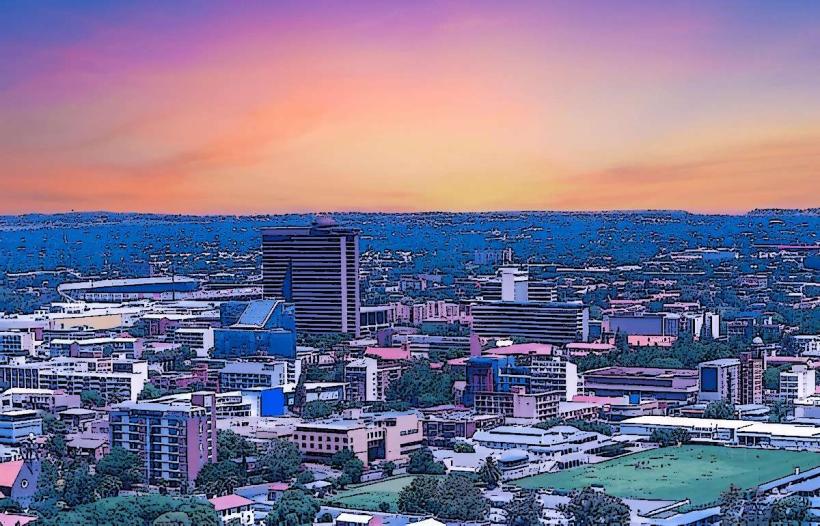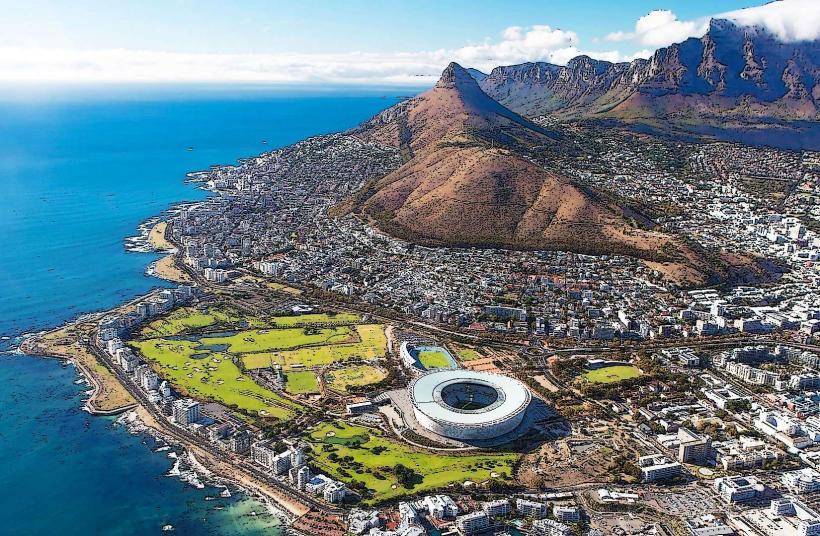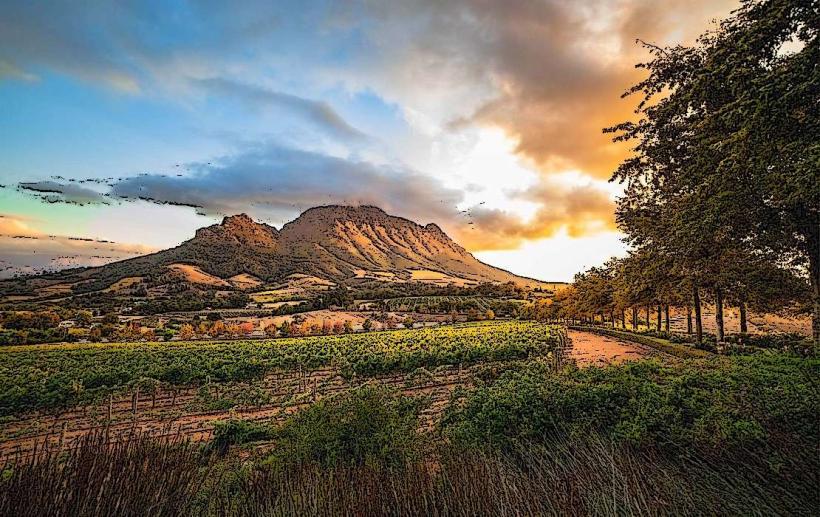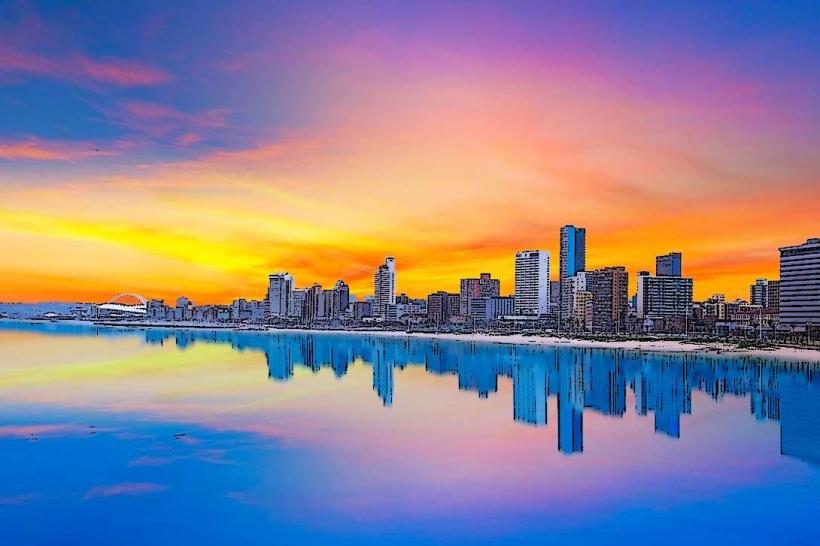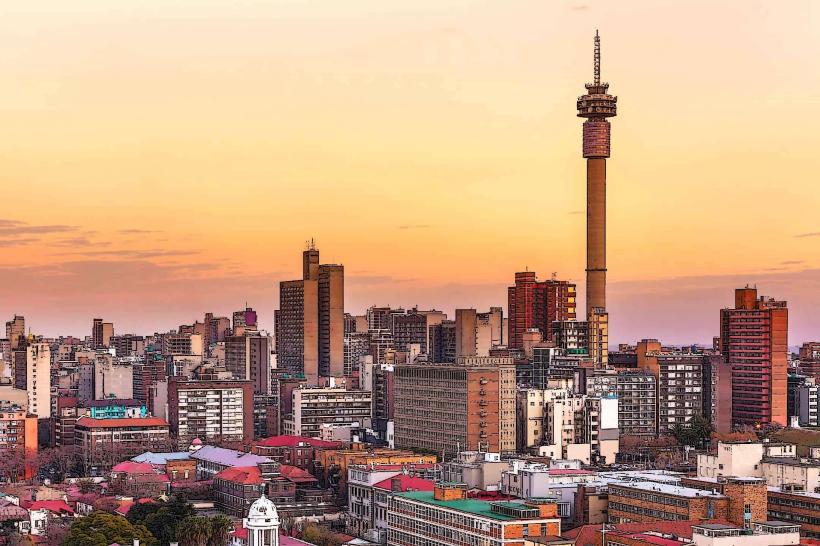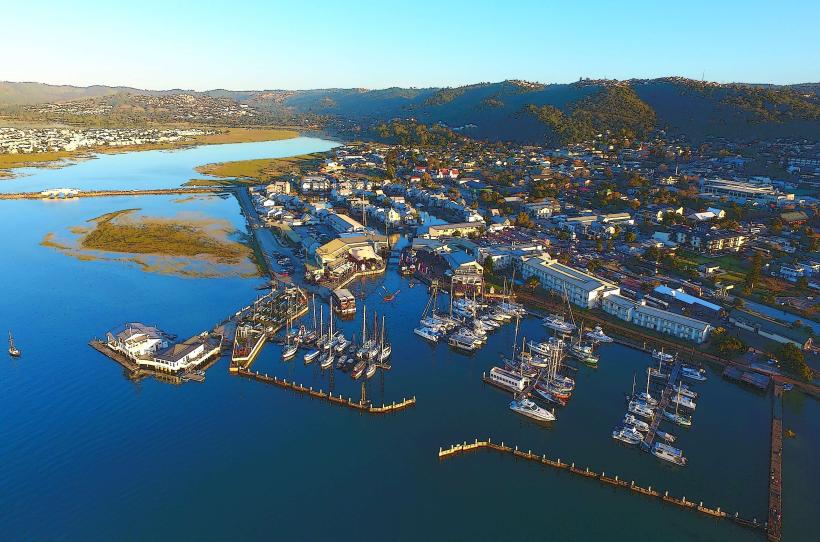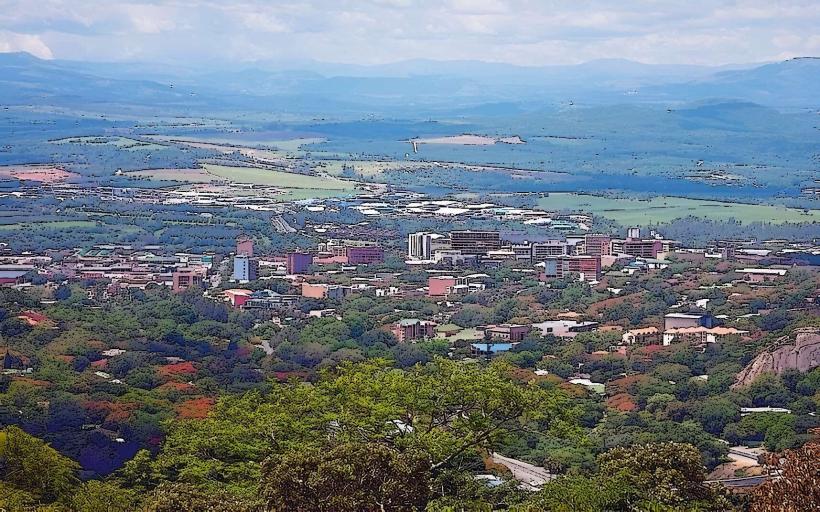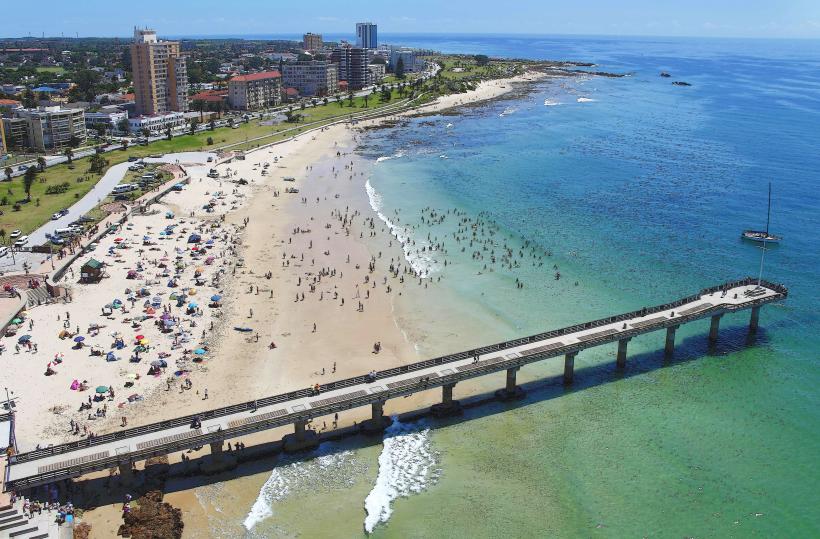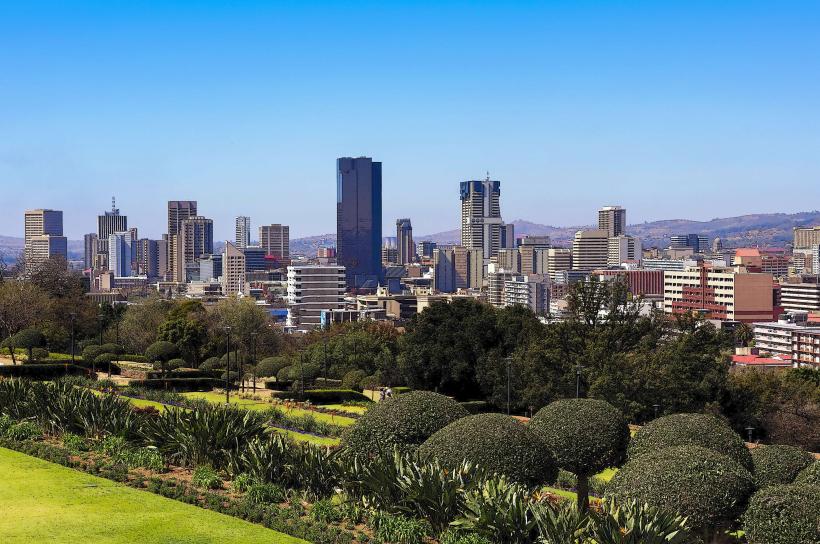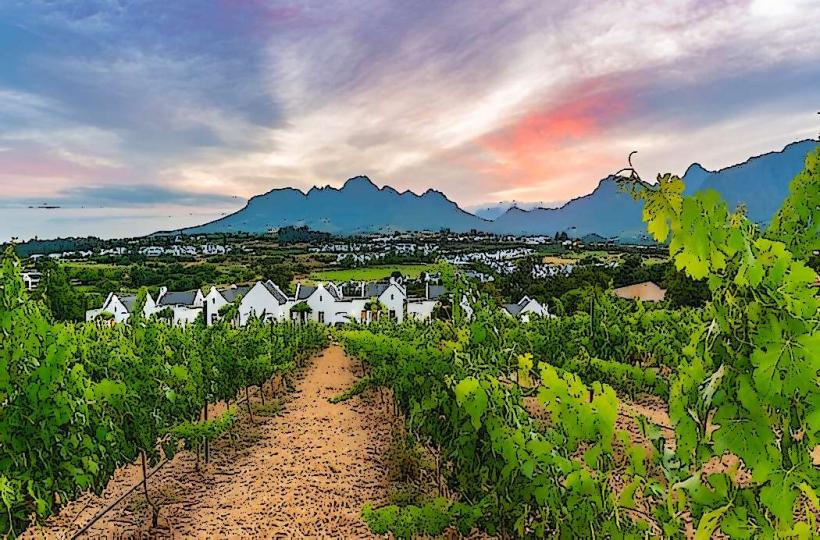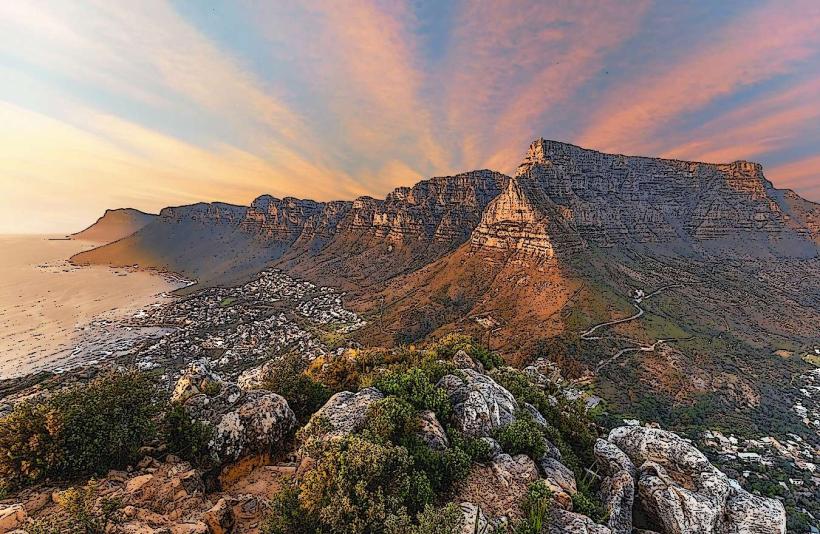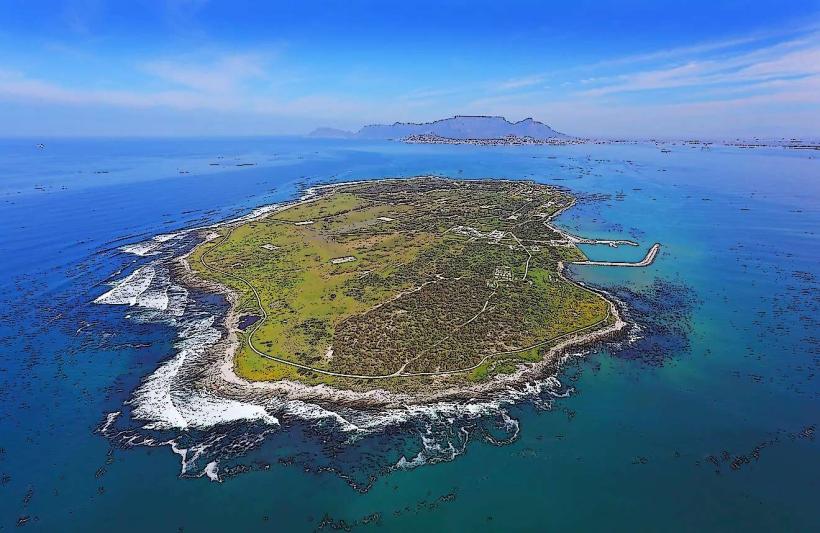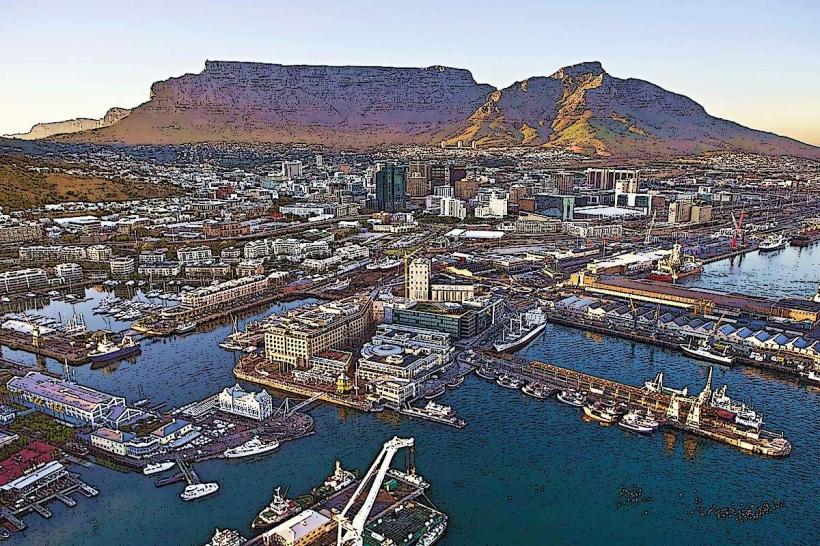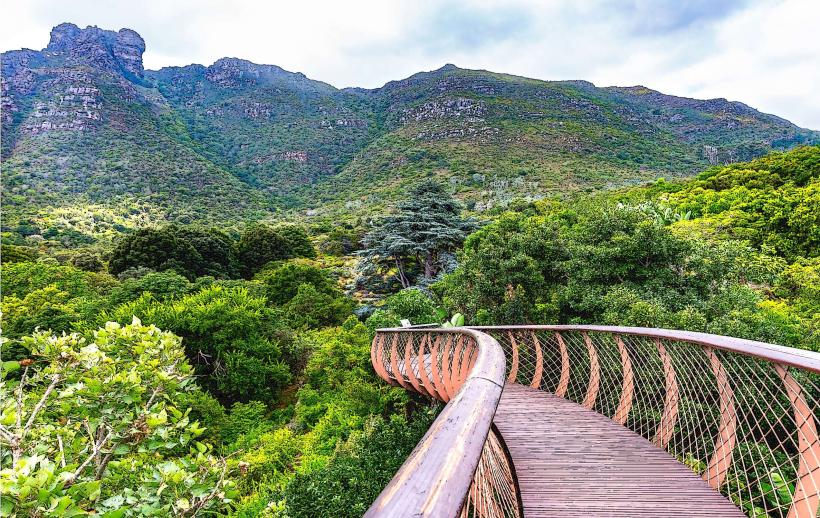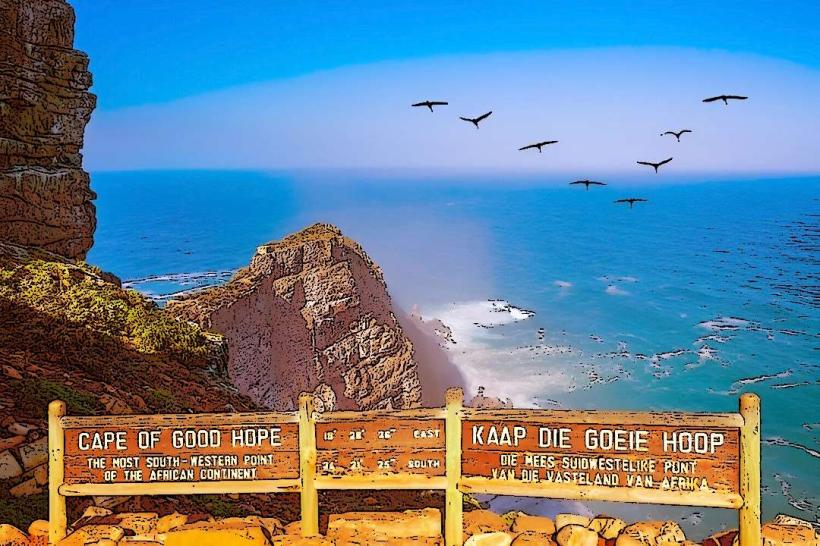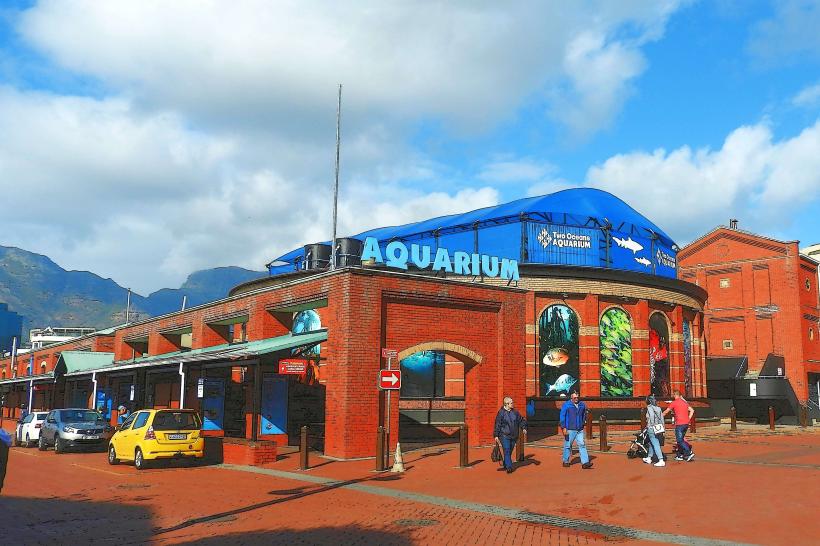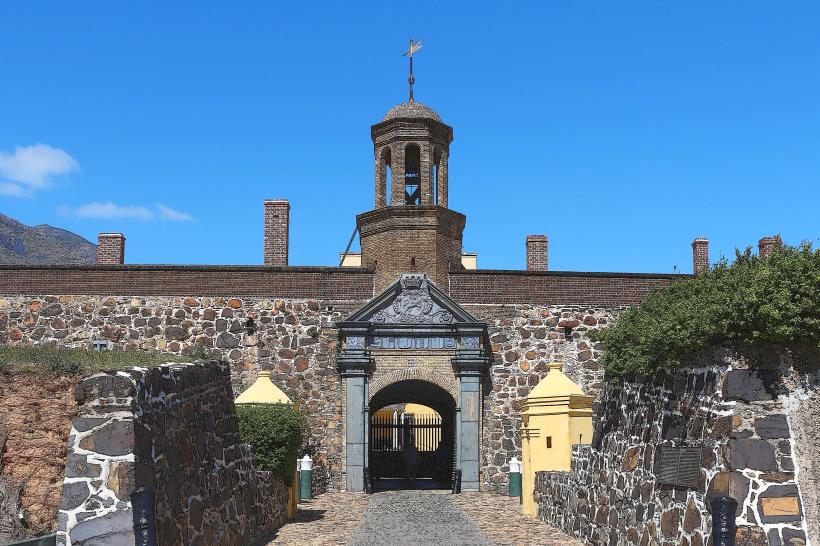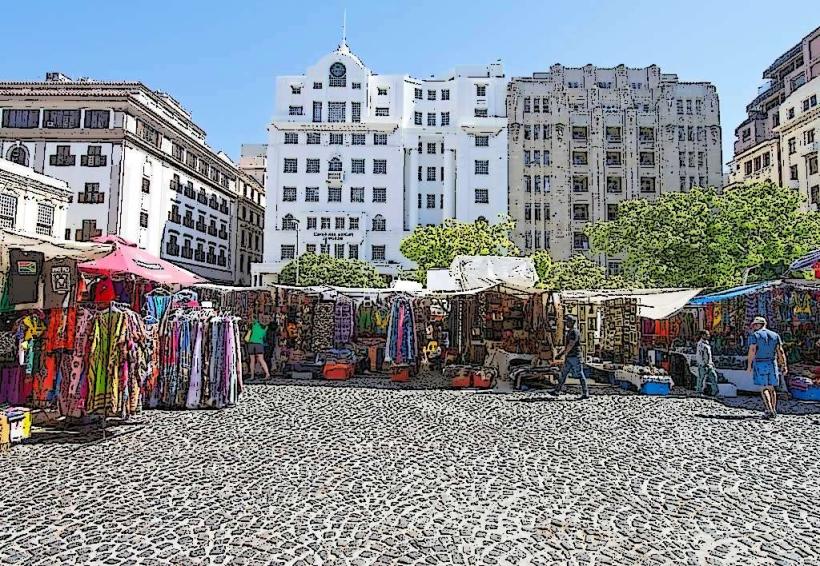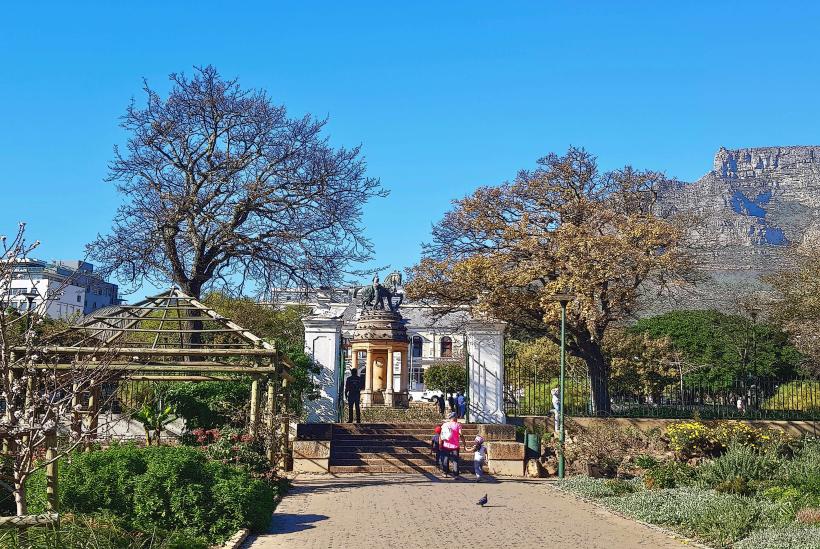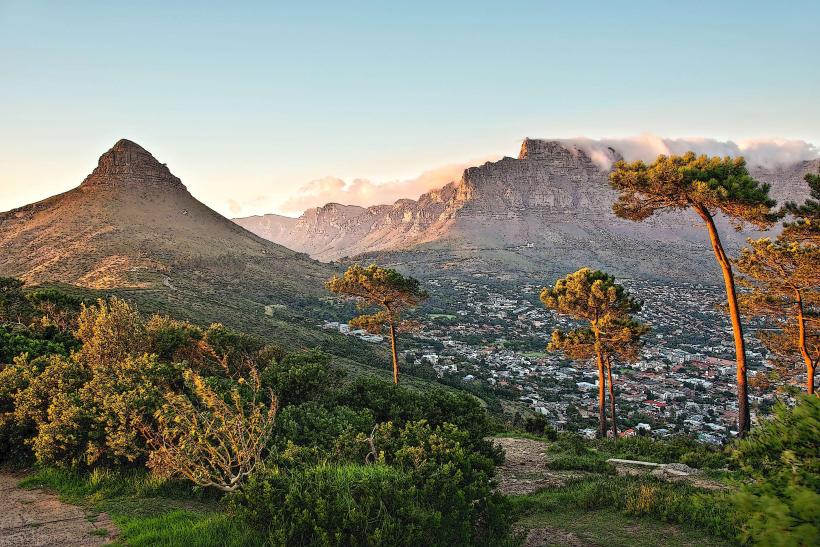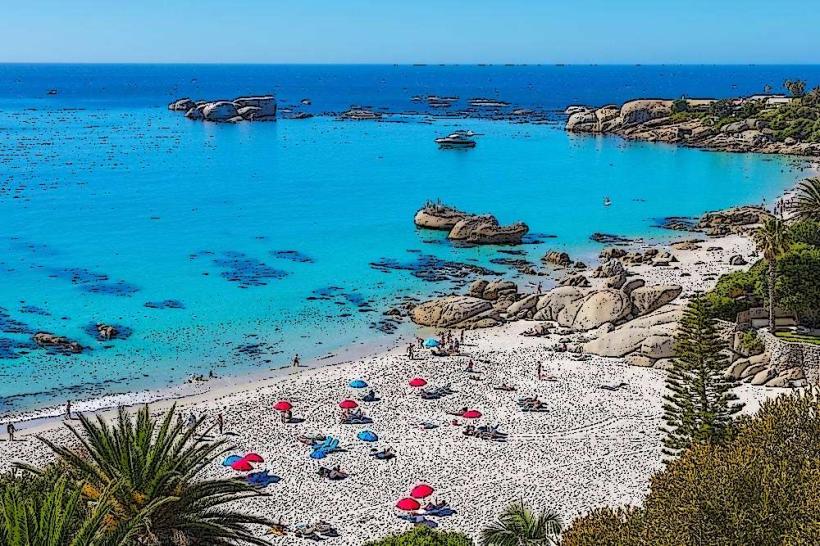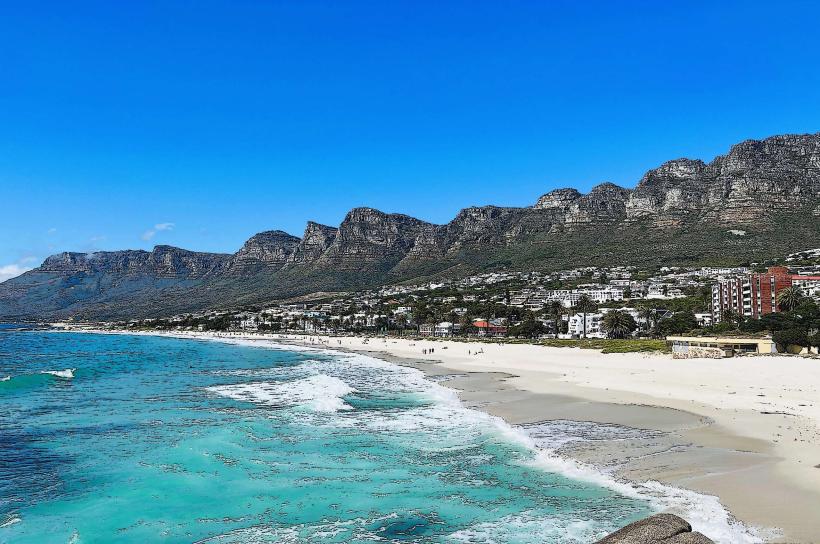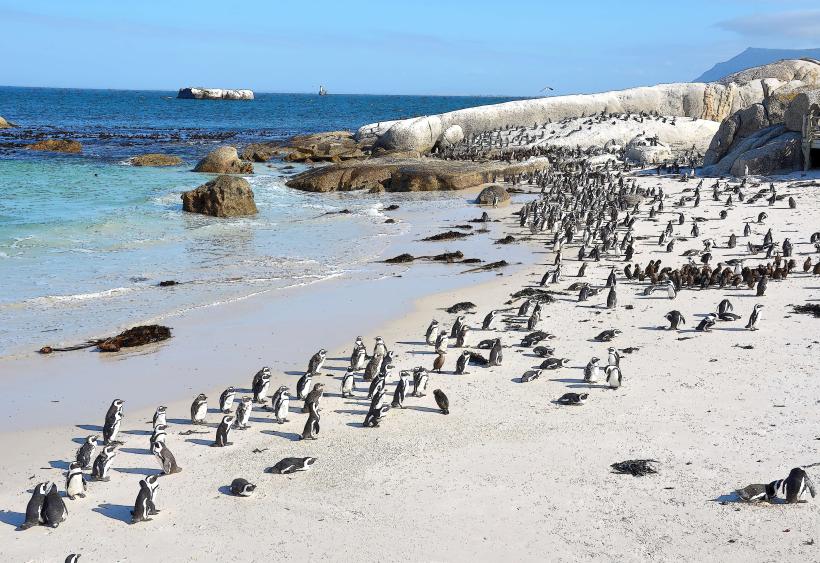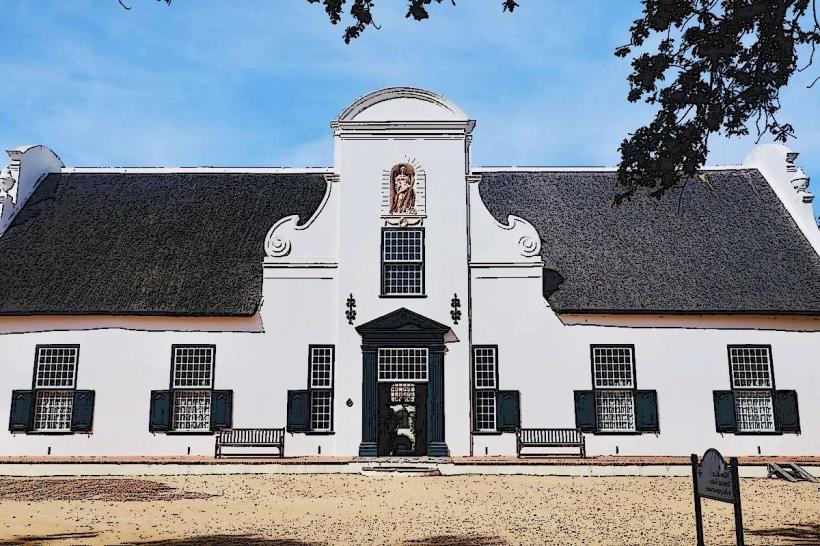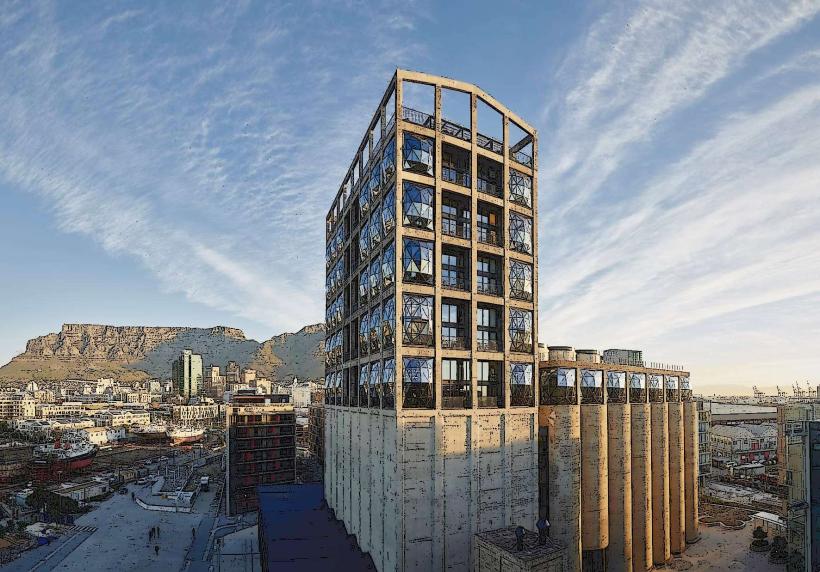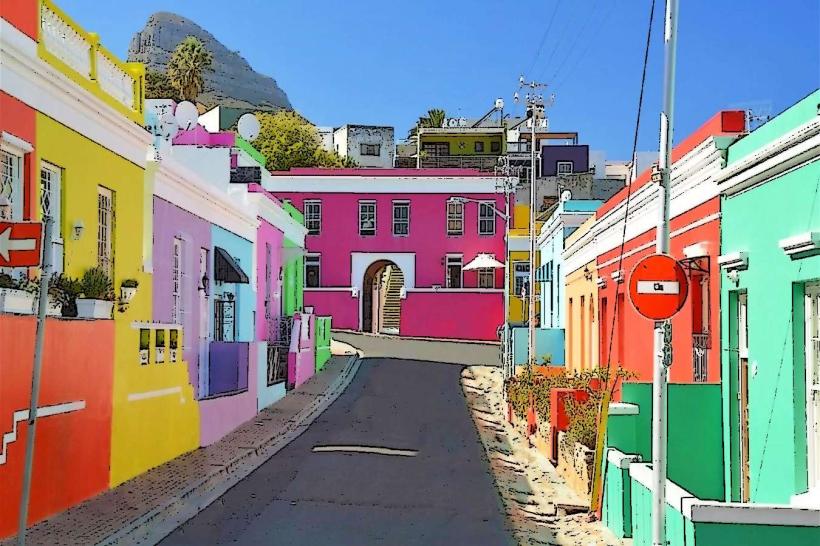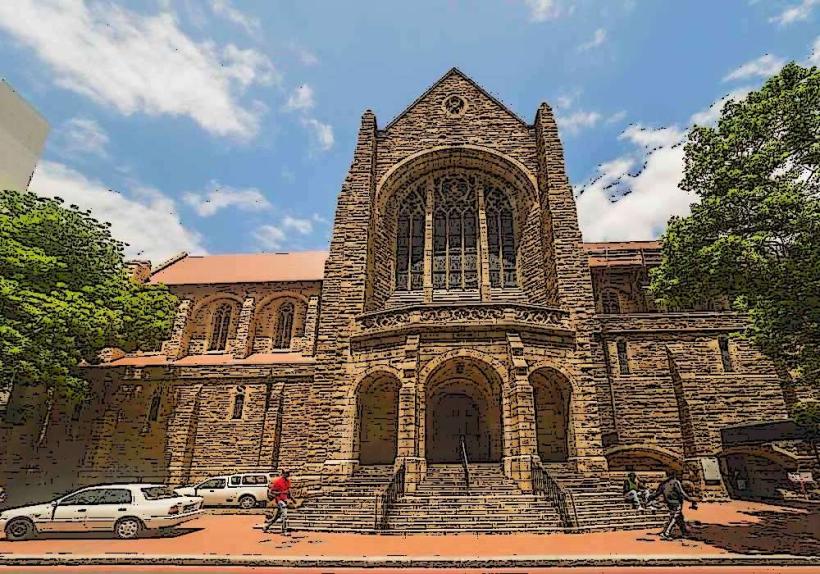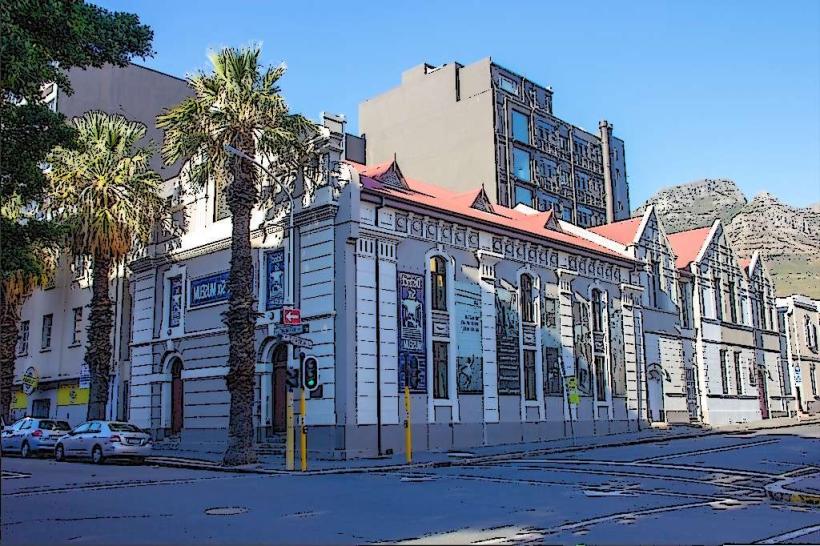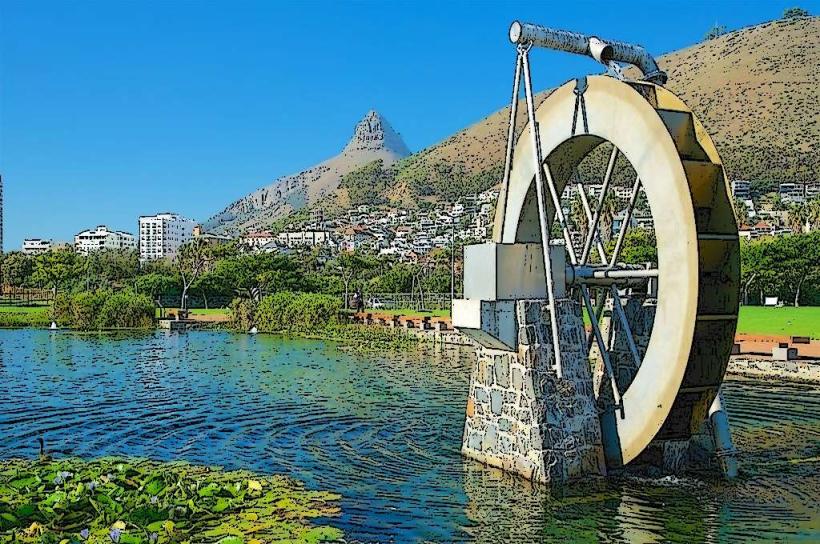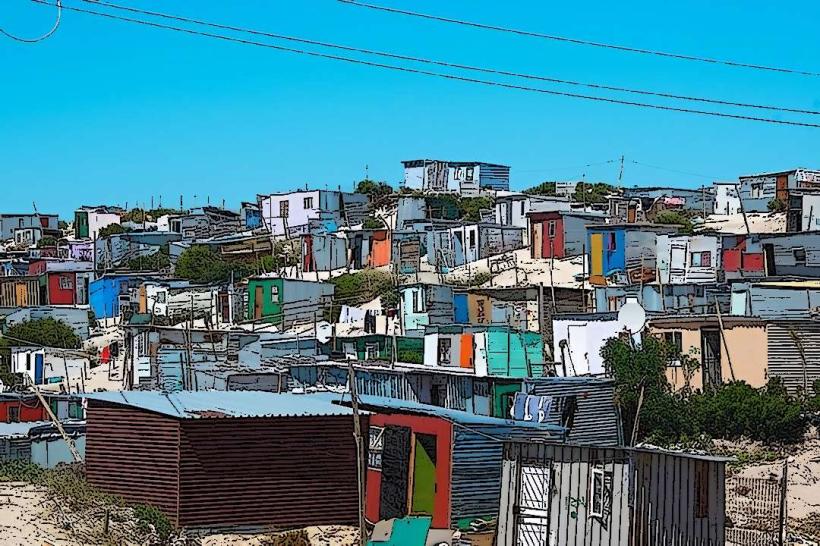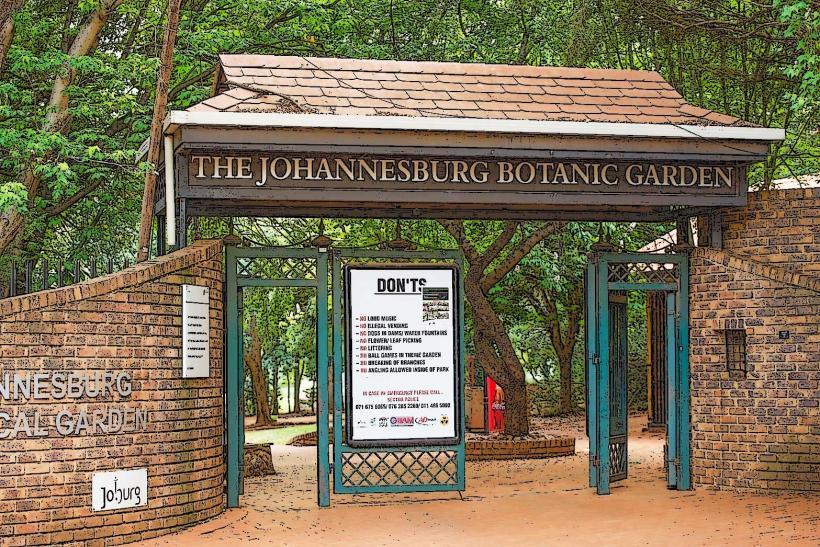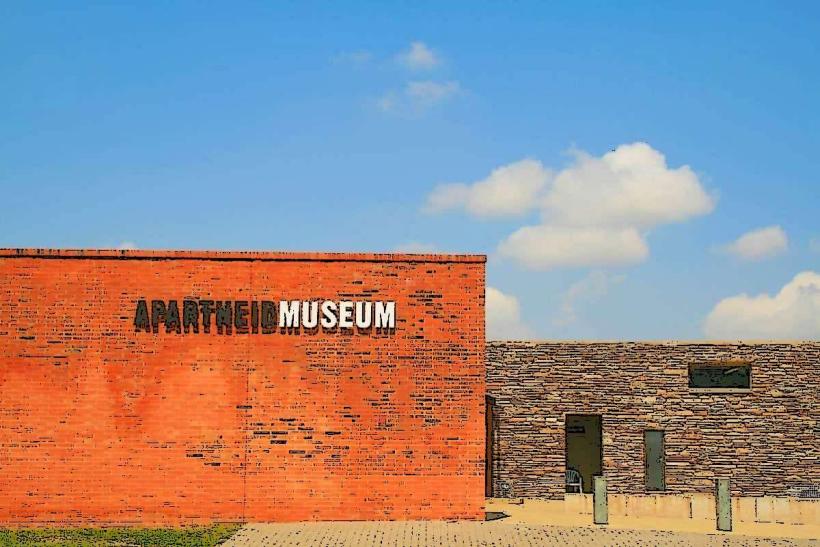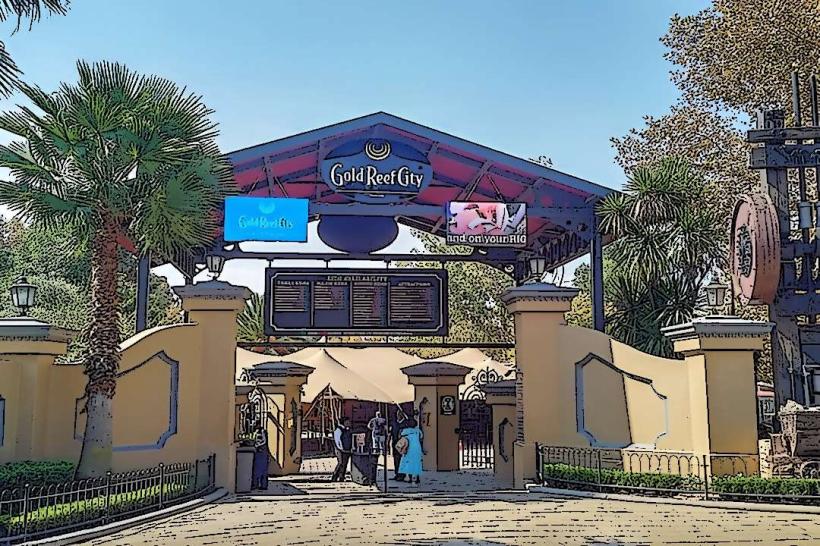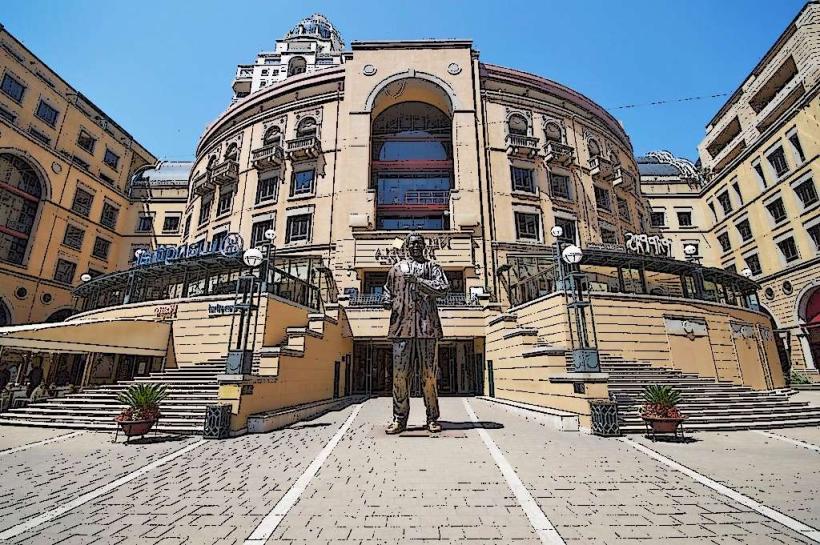Information
Country: South AfricaContinent: Africa
South Africa, Africa
South Africa is a sovereign state at the southern tip of the African continent. It is the most industrialized and diversified economy in Africa, centered on mining (platinum, gold, manganese), manufacturing, and financial services; the administrative capital is Pretoria, the legislative capital is Cape Town, and the judicial capital is Bloemfontein.
Visa & Entry Policy
As of January 11, 2026, South Africa maintains a visa-exempt status for several Western nations:
Exemptions: Citizens of the US, UK, and most EU countries do not require a visa for tourism or business stays of up to 90 days.
Dual Nationality: By law, South African-British or South African-Australian dual nationals must enter and exit on their South African passport. Failure to do so is a criminal offense.
Yellow Fever: A vaccination certificate is mandatory if arriving from or transiting through (more than 12 hours) a country with a risk of yellow fever transmission.
Requirements: A passport valid for at least 30 days beyond the date of departure with at least two blank pages.
Language & Communication
South Africa has 12 official languages, following the recognition of South African Sign Language in 2023.
English: De facto language of business, government, and urban media.
isiZulu & isiXhosa: The most widely spoken first languages.
Afrikaans: Widely spoken in the Western and Northern Cape.
Currency & Payment Systems
The official currency is the South African Rand (ZAR).
PayShap: Launched in 2023 and reaching mature adoption in 2026, PayShap is the national real-time rapid payment system. It allows instant P2P and P2M transactions using a "ShapID" (typically a cellphone number).
Tap-and-Go: Contactless payments are the standard in all urban retail, including supermarkets and restaurants.
Cash: Necessary for "Blue Flag" beach parking attendants, small vendors in townships, and rural areas.
National Transport Grid
Gautrain: High-speed commuter rail linking Johannesburg, Pretoria, and OR Tambo International Airport (JNB).
Aviation: JNB is the continent's busiest hub. Domestic routes between JNB, Cape Town (CPT), and Durban (DUR) are highly competitive.
Roads: A vast national highway network (N1, N2, N3). As of 2026, SANRAL is executing a major upgrade to the R573 (Moloto Road) and N2 Wild Coast project.
Load Shedding Impact: Scheduled power outages (load shedding) can affect traffic signals and rail operations. Travelers are advised to use apps like EskomSePush for real-time schedules.
Digital Infrastructure
5G Maturation: As of 2026, 5G standalone (SA) is commercially available in all major metros and expanding into secondary cities like Polokwane and Mbombela.
Digital Divide: While urban fiber penetration is high, rural areas still rely on 4G or satellite.
Starlink: As of early 2026, Starlink is seeking final regulatory approval for a local license but is widely used via regional roaming in remote lodges.
Climate & Seasonality
Summer (Dec–Mar): Hot and often rainy in the interior (Johannesburg); dry and windy in Cape Town.
Winter (Jun–Aug): Cold and dry in the interior; wet and chilly in Cape Town.
La Niña 2026: Forecasts for early 2026 indicate a weak La Niña, expected to bring above-normal rainfall to the eastern half of the country (Gauteng, KZN, Mpumalanga).
Health & Safety
As of January 2026, international advisories recommend Exercise a High Degree of Caution.
Safety: Violent crime (armed robbery, carjacking, and "smash-and-grab") is a serious issue, particularly in Central Business Districts (CBDs) and townships after dark.
Load Shedding Crime: Crime rates typically spike during scheduled power outages; ensure accommodation has backup power/security.
Health: Tap water is potable in major cities but should be avoided in rural areas. Malaria is a risk in the low-lying areas of Limpopo, Mpumalanga (Kruger Park), and northern KZN.
Emergency: Police 10111; Ambulance/Fire 10177 (or 112 from mobile).
Top 3 Major Regions & Cities
Gauteng: Hub: Johannesburg (Finance/Culture) and Pretoria (Diplomatic).
Western Cape: Hub: Cape Town (Tourism/Winelands) and the Garden Route.
KwaZulu-Natal: Hub: Durban (Port/Beaches) and the Drakensberg Mountains.
Local Cost Index
1L Water: 16.50 ZAR ($0.85 USD)
1 Domestic Beer (0.5L): 40.00 ZAR ($2.10 USD)
1 SIM Card (10GB Data): 590.00 ZAR ($31.00 USD)
Facts & Legends
South Africa is the only country in the world to have voluntarily dismantled its nuclear weapons program. Local folklore features the Tokoloshe, a mischievous and malevolent water sprite. Historically, it is the home of Nelson Mandela and the site of the transition from Apartheid to democracy in 1994. Geologically, it contains the Vredefort Dome, the world's largest verified impact crater, and the Table Mountain massif, which is one of the "New 7 Wonders of Nature."

